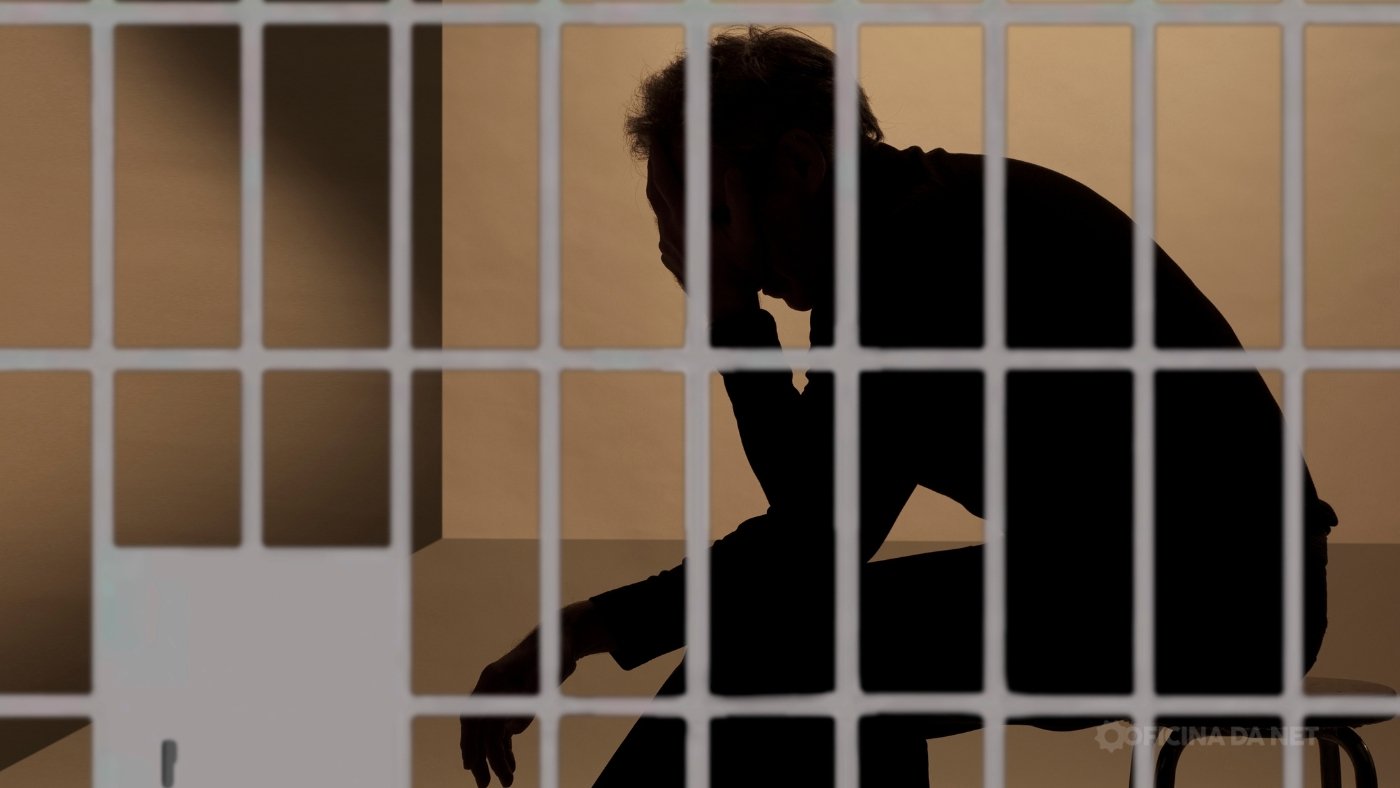A man in Greece received a five-month prison sentence for subscribing to an illegal IPTV service, marking a significant development in the battle against piracy. However, such penalties are viewed more as symbolic gestures than effective deterrents. Similarly, in Brazil, using pirate IPTV services could lead to arrest under the law, but no such arrests have been made yet.
Summary of essential information to know.
- A man in Greece was found guilty of utilizing illegal IPTV services but does not have to serve the punishment.
- The situation is contentious and is viewed as an effort to scare users.
- In Brazil, where the prevalence of illegal IPTV is widespread, similar actions are unlikely to be taken.
What has it rotated and how is it related to Brazil?
The court in Greece stated that piracy results in significant financial losses, including tax evasion, damages to breeders, and potential unemployment. The case, considered historic, lacked details about the defendant and the circumstances of the offense. Experts suggest that the five-month sentence may be suspended, meaning the individual might not serve any time in prison.
This form of punishment appears to be more about intimidating users rather than resolving the issue. In general, Europe has put significant efforts into combating pirate platforms, but it is also exploring more feasible options like offering inexpensive TV packages and streaming services. This approach has proven successful in Greece, where services like Cosmote TV experienced a surge in subscriptions following price reductions.
Pirate IPTV is prevalent in Brazil, with approximately 7 million Brazilians utilizing these services due to their low cost compared to legal options, making piracy a common practice among many people.
Will there be a police officer stationed at the entrance to the Brazilian event?
Brazilian authorities are currently more focused on cracking down on pirate providers and criminal networks involved in the use of pirate IPTV, rather than individual end users. However, experts caution that there may soon be increased scrutiny on consumers as well, as the market continues to expand.

The legal sector has not yet discovered effective methods to compete with pirate platforms. Expensive pay-TV packages with limited flexibility often lead consumers to choose illegal options. Greece’s approach of offering more affordable legal alternatives could help reduce the use of pirate IPTV in Brazil.
Piracy can be addressed by providing better and more affordable options, making the legal choice more appealing than the illegal one. Simply using threats of punishment is not an effective solution.
Please provide the text you would like me to paraphrase.

